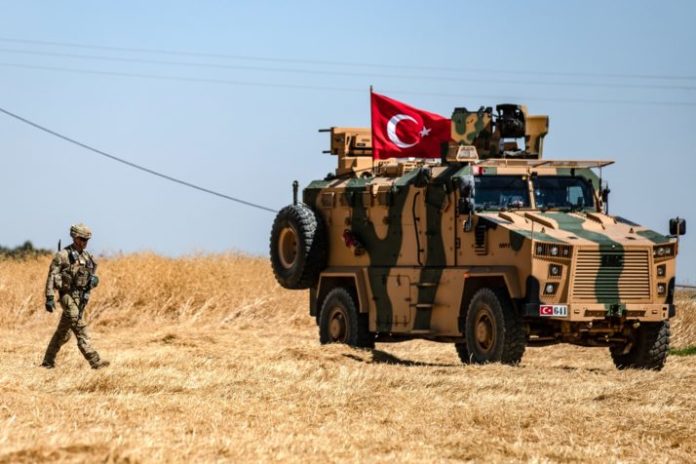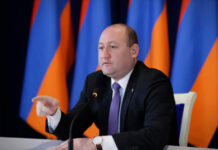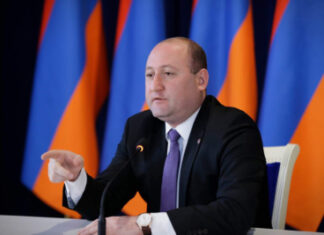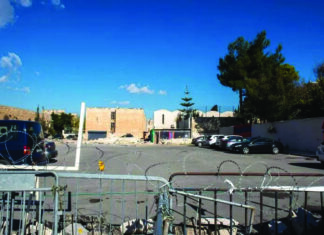By Kareem Fahim and Sarah Dadouch
ISTANBUL (Washington Post) — Russia agreed on Tuesday, October 22, to help remove Syrian Kurdish fighters from a large swath of Turkey’s southern border, giving its blessing to a Turkish military operation against a Kurdish-led force that had allied with the United States.
The agreement, reached after an hours-long meeting between Turkish President Recep Tayyip Erdogan and Russian President Vladimir Putin in the Black Sea resort town of Sochi, addressed several of Turkey’s core security demands, including the establishment of a “safe zone” that would push the Kurdish-led force back from its frontier.
And it cemented Russia’s role as Syria’s central power broker, at a moment when the influence of the United States in the region is dissipating.
The agreement said Russia and the Syrian government, its ally, would start removing Kurdish militias from the border region beginning at noon Wednesday. That expanded on a previous agreement between the United States and Turkey, which had established a Turkish military zone along a narrower strip of the border.
After the Kurdish militias had withdrawn, Turkey and Russia would begin joint patrols in the border region.









